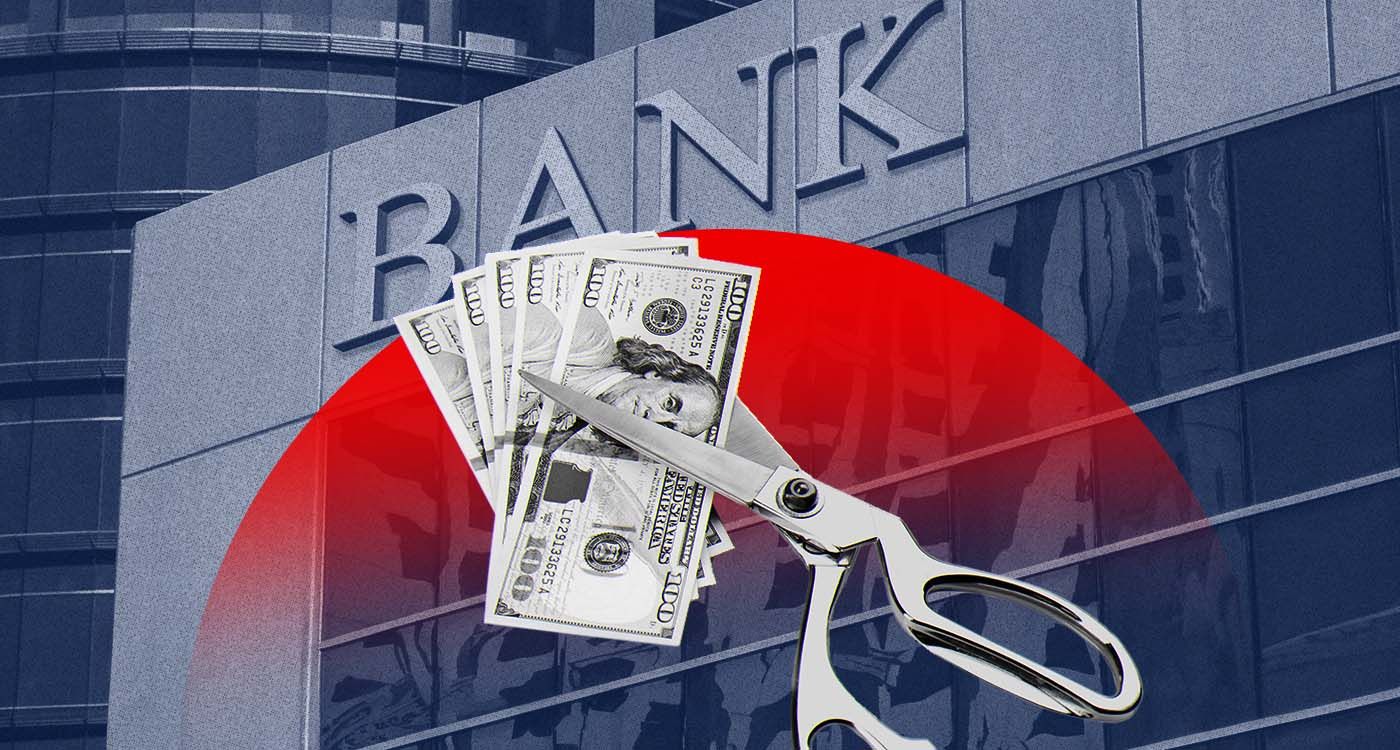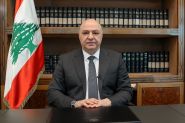
Just when we thought we’d seen it all in the Lebanese saga of economic collapse, the government rolled out a new episode—one so twisted it makes a Netflix series look like a documentary on quantum physics. A draft banking reform law, rushed through cabinet, casually proposes placing the burden of the collapse on depositors and local banks—while absolving the state of decades of disastrous mismanagement and corruption.
Among the many traps buried in the draft law is a proposed “haircut” on the deposits of Lebanese citizens and foreign investors. For years, depositors have been stuck with inaccessible dollars—trapped in a system that has become little more than a dead-end waiting room. But this time, the government wants to make their loss official, legal—and above all, final.
Instead of owning up to the colossal debt it incurred with the central bank—and, by extension, with commercial banks—the state is turning to a legal tactic: offloading the burden onto those who trusted the system in the first place—citizens, expats, Gulf investors. As for the shattered trust? It’s simply discarded as collateral damage. As for public confidence, well, that’s just collateral damage.
The true masterminds behind the collapse aren’t the ones working behind the bank counters, but rather the series of state leaders who drained public resources through a patronage system, political favors and poorly executed projects, until the house of cards finally collapsed.
Today, these same leaders are trying to position themselves as bold “reformers,” all while dismantling an already broken banking sector—ready to rebuild it from the still-smoldering ruins. The proposed law calls for mergers, closures and the creation of new entities backed by international actors who have been working since 2019—and even earlier—to bring down Lebanon’s financial system and take control of the country.
In the latest chapter of this déjà-vu saga, a move is underway to reset the system without any recourse to justice or accountability. Among those impacted are powerful Arab investors, particularly from the Gulf countries, who saw Lebanon as a regional hub for financial opportunity. Their deposits exceed $15 billion. The proposed “haircut” hits them hard, and their response is expected to be swift. Some are preparing to take legal action against the Lebanese state in international courts, while the more cynical ones are keeping quiet, already crossing Beirut off their future project plans. One thing is clear: this kind of approach will not attract the much-needed capital for reconstruction.
This draft law is neither a reform nor a solution. It’s an attempt to close the chapter on the past without addressing it. It doesn’t tackle the structure of public debt, political accountability or murky management. Its ultimate goal isn’t to fix, but rather to move on.
What’s truly at play here is a carefully crafted illusion: convincing the international community, particularly the IMF which promises a “generous” $3 billion loan (for a deficit estimated at $80 billion), that Lebanon is making progress, all while sacrificing depositors, banks and whatever remains of institutional credibility. This is a plan that favors the “cash economy” deeply embedded in the dark tunnels of smuggling, drug trafficking and arms deals.
The true reform—the one no one dares to put forward—would involve putting the whole political system on trial, rather than scapegoating a few to settle the score. Will the Lebanese parliament summon the historical courage to oppose this drafting law?
Thomas Jefferson once said, “The price of liberty is eternal vigilance.” Let’s hope our elected officials are up to it.





Comments